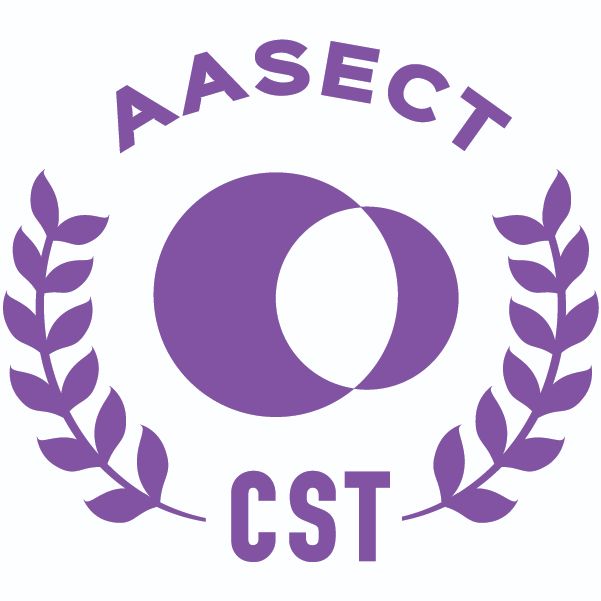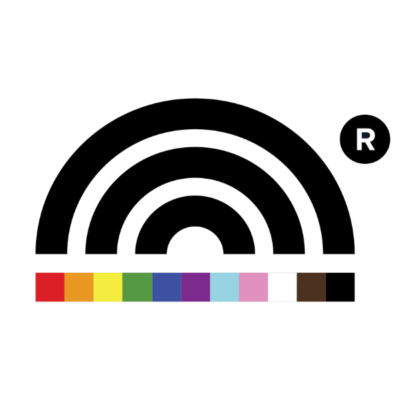How to Find a Couples Therapist (That’s Right for You)
April, 2025
Starting couples therapy is a significant step toward nurturing and strengthening your relationship. Finding the right therapist is crucial, as a skilled professional can facilitate meaningful change and deeper connection. Here's a guide to help you navigate this important decision.
Seek Specialized Training
Not all therapists are trained to work with couples. Look for professionals with specific expertise in couples therapy modalities such as Emotionally Focused Therapy (EFT), the Gottman Method, or Integrative Behavioral Couple Therapy (IBCT). These approaches are backed by research and have demonstrated effectiveness in improving relationship dynamics .
Tip: Verify the therapist's credentials and inquire about their experience with couples therapy.
Consider Your Unique Needs
Every couple is unique. Reflect on factors such as cultural background, sexual orientation, and specific issues you wish to address. Finding a therapist who understands and respects your unique context can enhance the therapeutic experience.
Tip: Don't hesitate to ask potential therapists about their experience working with couples similar to you.
Understand Their Approach
Therapists have different styles and methodologies. Some may focus on communication skills, while others delve into deeper emotional patterns. Understanding a therapist's approach can help you determine if it's a good fit for your relationship.
Tip: Ask questions like:
- "What is your approach to couples therapy?"
- "How do you handle conflicts during sessions?"
- "What outcomes can we expect from therapy?"
Evaluate Compatibility
The therapeutic alliance is a strong predictor of successful outcomes in therapy . Both partners should feel comfortable and understood by the therapist. It's essential that the therapist remains neutral and fosters a safe environment for open dialogue.
Tip: After initial sessions, discuss with your partner how each of you feels about the therapist's style and effectiveness.
Clarify Goals and Expectations
Be clear about what you hope to achieve through therapy. Whether it's improving communication, rebuilding trust, or making decisions about the future, aligning on goals with your therapist can guide the process effectively.
Tip: Share your objectives with the therapist early on to ensure they're equipped to help you meet them.
A Final Thought
Embarking on couples therapy is a proactive step toward enhancing your relationship. By carefully selecting a therapist who aligns with your needs and values, you're setting the stage for meaningful growth and connection.
References:
Carr, A. (2025). Couple therapy and systemic interventions for adult-focused problems: An update. Journal of Family Therapy, 47, e12481. https://doi.org/10.1111/1467-6427.12481
Lebow, J., & Snyder, D. K. (2022). Couple therapy in the 2020s: Current status and emerging developments. Family Process. https://doi.org/10.1111/famp.12824
Owen, J., Sinha, S., Crabtree Polser, G., Hangge, A., & Davis, J. (2023). Meta-analysis of couple therapy in non-randomized clinical trial studies: Individual and couple level outcomes. Family Process. https://doi.org/10.1111/famp.12824













